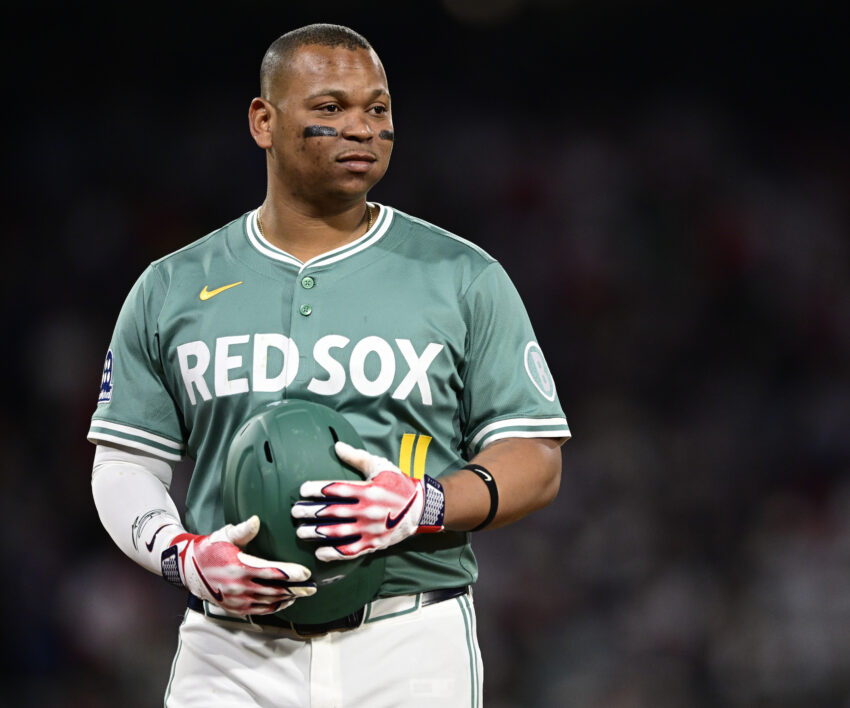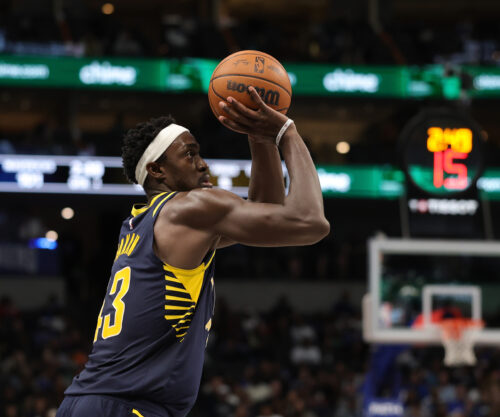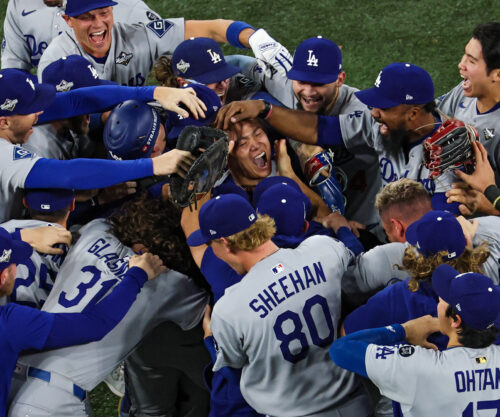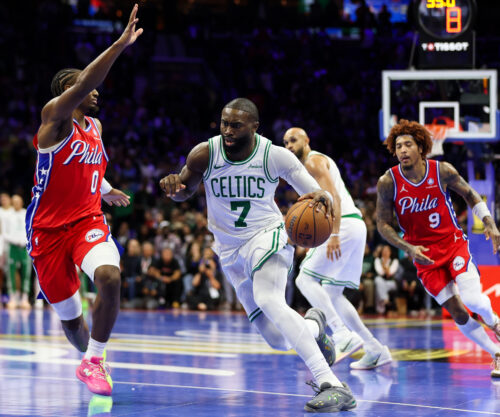
The Boston Red Sox have publicly defended their decision to trade star third baseman Rafael Devers to the San Francisco Giants, stressing the move was necessary due to a breakdown in alignment between the player and the organization.
In a lengthy media session Monday night, team president and CEO Sam Kennedy, along with chief baseball officer Craig Breslow, addressed the fallout from the trade, which has divided fans after the Red Sox sent Devers — a three-time All-Star and key figure in Boston’s lineup — in exchange for a package including left-handed starter Kyle Harrison and three pitching prospects.
Kennedy and Breslow explained the decision came after months of deteriorating relations with Devers, who declined to switch positions twice during the 2025 season, including a recent refusal to move to first base after an injury to incumbent Triston Casas. That refusal sparked tension within the club, prompting senior management — including owner John Henry — to intervene and attempt to resolve the dispute during a meeting in Kansas City.
“This was not a decision taken lightly,” said Kennedy. “We had certain expectations attached to that contract. When it became clear there was no full alignment, we had to move on.”
Breslow echoed the sentiment, emphasizing that the move was made to protect the team’s culture and future success.
“As we think about the identity and environment created by great teams, something was amiss here. We needed to act decisively to course correct,” Breslow said. He also noted the financial flexibility gained by offloading Devers’ remaining $254 million contract, which could allow Boston to add depth before the July trade deadline.
Despite admitting the trade weakens the lineup on paper, Breslow argued the decision was about assembling the most functional team on the field. “This isn’t about paper stats. It’s about winning the most games we can,” he said.
Devers, who had been with the Red Sox since signing as a 16-year-old from the Dominican Republic, batted .279 with 215 home runs and 696 RBIs over nine seasons in Boston. The team acknowledged his significance but stressed that the long-term vision and clubhouse culture took precedence.
Kennedy highlighted the importance of “alignment,” a word he used repeatedly to justify the trade. The organization believes that without shared goals and cooperation, success is compromised.
The trade also opens opportunities for younger players like first baseman Abraham Toro and outfielder Roman Anthony, who are now receiving more playing time in Boston’s revamped lineup.
Red Sox manager Alex Cora expressed confidence that the additions of Harrison and reliever Jordan Hicks will bolster the team despite losing Devers.
“We’ve put ourselves in a good spot. We’ve played solid baseball for a while, and now we continue without Raffy but with new pieces that will help us,” Cora said.
Both Kennedy and Breslow acknowledged they could have communicated better throughout the process but maintained that swift action was necessary despite the public and fan backlash.
Kennedy defended the Red Sox’s track record, citing their four World Series titles since 2004 as evidence of the organization’s commitment to winning.
“We are proud of what we’ve built here and will keep relentlessly pursuing a championship culture,” he said.
While the trade echoes earlier controversial moves — including the 2020 trade of Mookie Betts and the departure of ace Chris Sale — Boston’s leadership insists these difficult decisions are part of managing a competitive and sustainable roster.
“Our goal remains to compete for the division and make a deep postseason run,” Breslow said. “We believe this trade positions us better to do that.”
For now, the Red Sox hope that as the season progresses, fans will see the benefits of their bold choice and continue to support a team focused on long-term success and a unified clubhouse culture.
Photo: Jaiden Tripi/Getty Images




